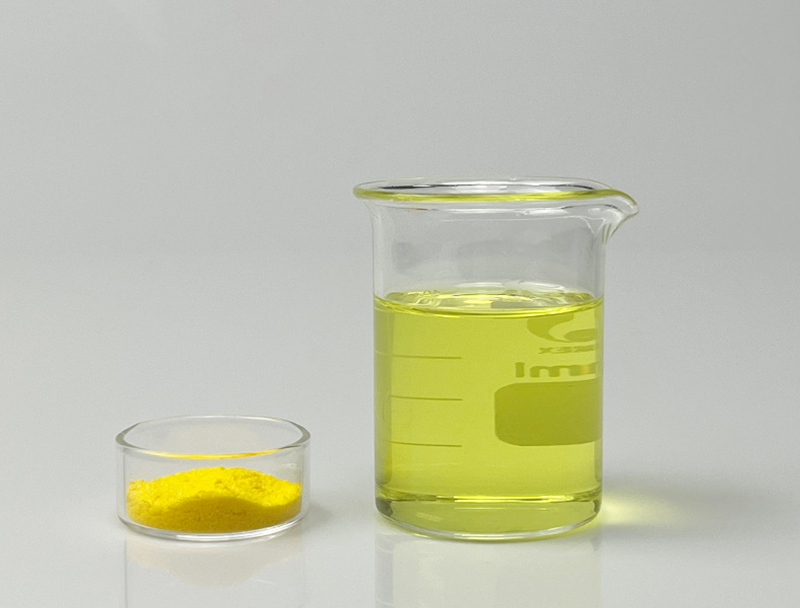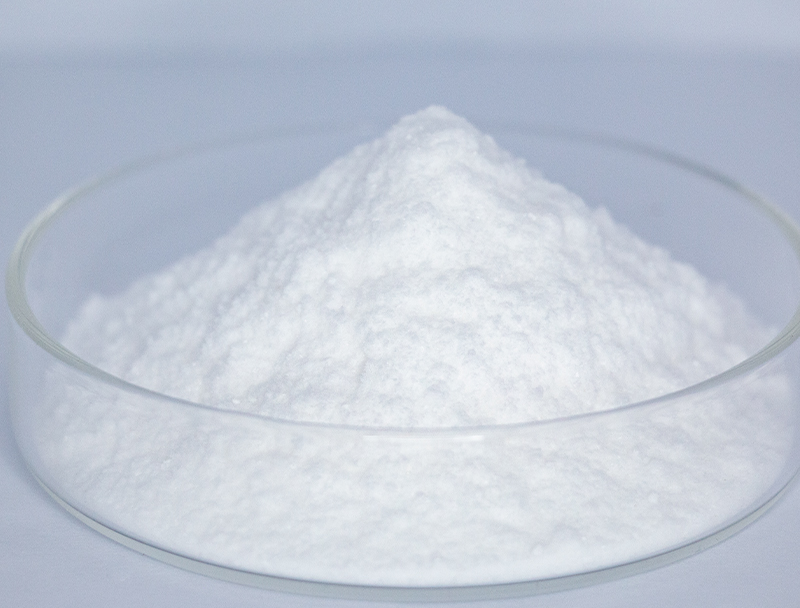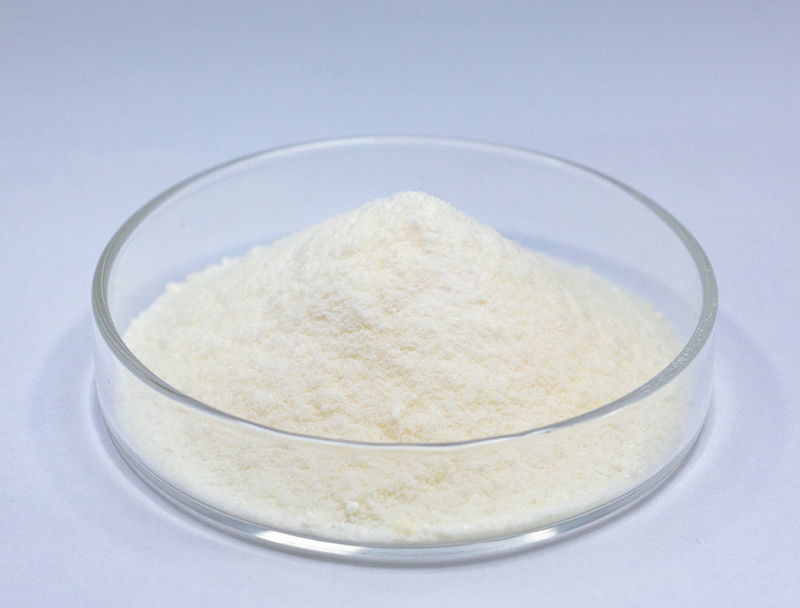
Modern biofabrication is grounded in a diverse spectrum of raw materials to create novel bio-derived items.
Maintaining responsible procurement of such inputs dictates persistent stability and principled industry advancement.
a range of complications linked to historic procurement practices for example habitat harm and overextraction of resources. Hence, stakeholders must deploy sustainable supply practices to minimize environmental costs.
- Situations demonstrating ethical sourcing encompass:
- Adopting organic-origin materials from crop remnants
- Establishing regenerative loops to cut waste and elevate material utilization
- Building relationships with nearby vendors dedicated to moral sourcing
Such a move to ethical procurement delivers ecological gains and commercial returns over time.
Upgrading Feedstock Traits for Better Biofuel Performance
Maximizing the efficiency of biofuel production relies heavily on the quality and composition of biomass feedstocks. Experts maintain efforts to discover ways to maximize feedstock value, leading to higher yields of biofuels and a more sustainable energy future. Initiatives integrate bioengineering to scale biomass production and pretreatment workflows to free fermentable sugars.
- Likewise, initiatives explore candidates such as algal biomass, process wastes, and agricultural leftovers to extend sustainable feedstock availability for fuels.
- Owing to ongoing work the biofuel domain is primed to reach substantial milestones advancing renewable energy adoption.

Upstream Process Improvements for Modern Biopharma Production
comprises front-end procedures like culture expansion and cell retrieval Ongoing innovations have accelerated process enhancement leading to greater yields.
Meaningful breakthroughs include engineered cell strains, enhanced culture formulations, and modular reactor designs. These innovations not only enhance productivity but also minimize production costs and environmental impact.
- Likewise, the move to continuous systems facilitates better adaptability and streamlined upstream production.
- Transitioning to refined production methods has the potential to overhaul the industry and expedite new treatments.

Next-Gen Gene Editing for Enhanced Protein Expression
advances in genomic editing tools including CRISPR have transformed therapeutic manufacturing. Through controlled genetic modifications, practitioners increase therapeutic protein production. These methods could enable production of accessible and efficient medicines tackling diverse health challenges.
Harnessing Microbial Biotechnology for Sustainable Bioremediation
novel biological remediation techniques leveraging microbial metabolisms for pollution control. Various microbial strains are capable of breaking down toxins into safer constituents.. Using microbial biotechnology enables remediation strategies that balance effectiveness with ecological protection. Study groups probe microbial metabolic diversity to tackle metals, persistent pesticides, and hydrocarbon spills.. Such organisms are usable in treatment systems or applied directly to soils and waters to drive biodegradation of contaminants..
Biological remediation using microbes yields meaningful benefits compared to conventional strategies. It is a cost-effective and environmentally friendly approach that minimizes the generation of harmful byproducts. In addition, microbial approaches enable pollutant-specific treatment without broad ecological disruption. Work in this area evolves rapidly to optimize the success rates and scalability of bioremediation solutions.
Data-Driven Approaches for Therapeutic Development
Bioinformatics techniques are integral to present-day therapeutic development workflows. By screening targets and refining candidate molecules, informatics drives faster, evidence-based development.
- With analysis of broad omics and clinical datasets, bioinformatic experts identify targets and model drug effects.
- Additionally, simulation tools enable prediction of binding and activity, guiding creation of more potent drugs.
- In the end, informatics-driven methods streamline development and accelerate delivery of therapeutic solutions to patients.
Metabolic Design Approaches to Boost Bioproduct Yields
uses diverse methods to increase biosynthesis of target bioproducts in organisms. Tactics can encompass genetic engineering to reconfigure metabolism, promoter modulation to adjust expression, and pathway insertion to enable new reactions.. With precise metabolic tuning scientists can greatly enhance yields of desired compounds.
This wide-ranging tactic can overhaul industries spanning medicine, agriculture, and energy production.

Scaling Biopharma Production: Hurdles and Advantages
Moving from bench to commercial scale creates complex challenges and valuable opportunities. Sustaining uniform quality across expanded production capacity is a principal challenge. Solving it involves resilient control frameworks, high-resolution monitoring, and modern analytical tools.

The multi-faceted nature of production steps adds complexity to scaling efforts. Adapting protocols for industrial scale requires considerable development work and engineering advances.. However, the prospective rewards are sizable. Skilled scaling can enlarge supply, lower prices, and increase profit potential.
Challenges are being addressed through a number of initiatives. These include the development of new technologies for process optimization, advanced analytics for real-time monitoring and control, and innovative manufacturing strategies.
- Development efforts are also playing a crucial role in advancing biopharmaceutical production capabilities.
- Authorities are revising processes to enable faster clearance of manufacturing innovations and encourage progress.
Charting Regulatory Pathways for Biologics to Safeguard Patients
The development of biopharmaceuticals is a complex process that requires stringent regulatory oversight to ensure both patient safety and product efficacy. Biologically based treatments require tailored oversight and production controls beyond those for typical medicines.
Agencies like FDA and EMA develop frameworks and criteria for validating and approving cutting-edge biotherapies..
Strict validation and testing steps are required across the product lifecycle from lab studies to post-market oversight.. Such safeguards are intended to detect hazards and ensure therapeutics adhere to top-tier safety benchmarks..
Moreover, oversight agencies continually refine approaches to align with accelerating scientific progress in therapeutics.. Actions include accepting new technologies and streamlining development channels while safeguarding patient health.

Harnessing Plant Feedstocks to Create Biodegradable Plastics
Growing emphasis on eco-conscious materials catalyzes research into plant-based options. Plant-origin feedstocks converted into bioplastics create promising opportunities for eco-friendly materials. Biomass sources such as cornstarch, cellulose, and sugarcane are usable to produce plastics that biodegrade and reduce ecological impact.
Concurrently, several bioplastic formulations approximate conventional plastic traits and serve wide-ranging applications. Ongoing R&D is essential to scale plant-based bioplastics and realize circular economic benefits.
Emerging Biotech Solutions for Health and Food Security
Modern biotech tools present N-Acetylneuraminic acid opportunities to improve global health and stabilize food production. With genetic tools, engineered biological systems, and regenerative cell approaches, experts craft interventions to manage diseases, enhance agriculture, and fortify nutrition.. For instance, genetically modified crops can be engineered to resist pests and environmental stresses, leading to increased agricultural production and reduced reliance on harmful pesticides.. Likewise, biotechnology enables new vaccines, novel therapeutics, and improved diagnostics essential to global disease mitigation and better health.. As the field evolves, biotechnology is expected to play a pivotal role in shaping a healthier and environmentally sustainable future for all.
